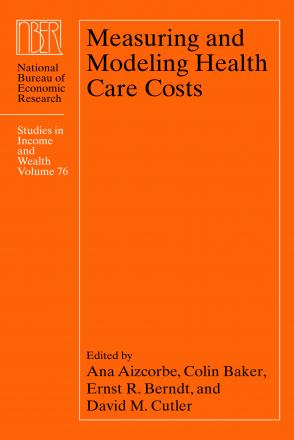The Simultaneous Effects of Obesity, Insurance Choice, and Medical Visit Choice on Health Care Costs

Several studies have estimated the increases in health care spending from rising obesity prevalence, but they have not accounted for the endogeneity of insurance. This study recognizes that there are unobserved heterogeneous factors that guide choices on health insurance, body mass index (BMI) and care-seeking behavior, with the idea that neither health insurance nor BMI should be treated as exogenous when estimating a cost function. Also, this study uses a Tobit model to account for corner solutions in which individuals have a medical expenditure of zero. We find that obesity raises medical costs by $430.33, and that a 10% reduction in the BMI of each obese person would only lower costs by $45.28. The obesity elasticity with respect to cost is only .0115%.
-
-
Copy CitationRalph Bradley and Colin Baker, Measuring and Modeling Health Care Costs (University of Chicago Press, 2013), chap. 7, https://www.nber.org/books-and-chapters/measuring-and-modeling-health-care-costs/simultaneous-effects-obesity-insurance-choice-and-medical-visit-choice-health-care-costs.Download Citation


